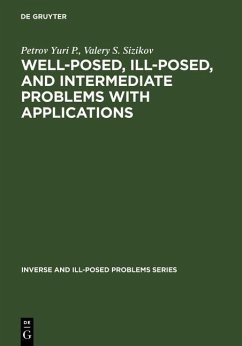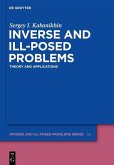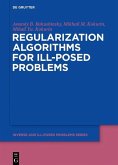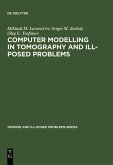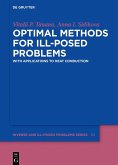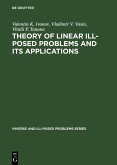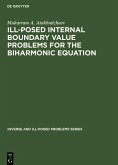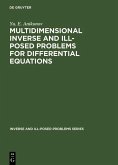This book deals with one of the key problems in applied mathematics, namely the investigation into and providing for solution stability in solving equations with due allowance for inaccuracies in set initial data, parameters and coefficients of a mathematical model for an object under study, instrumental function, initial conditions, etc., and also with allowance for miscalculations, including roundoff errors.
Until recently, all problems in mathematics, physics and engineering were divided into two classes: well-posed problems and ill-posed problems. The authors introduce a third class of problems: intermediate ones, which are problems that change their property of being well- or ill-posed on equivalent transformations of governing equations, and also problems that display the property of being either well- or ill-posed depending on the type of the functional space used.
The book is divided into two parts: Part one deals with general properties of all three classes of mathematical, physical and engineering problems with approaches to solve them; Part two deals with several stable models for solving inverse ill-posed problems, illustrated with numerical examples.
Dieser Download kann aus rechtlichen Gründen nur mit Rechnungsadresse in A, B, BG, CY, CZ, D, DK, EW, E, FIN, F, GR, HR, H, IRL, I, LT, L, LR, M, NL, PL, P, R, S, SLO, SK ausgeliefert werden.

